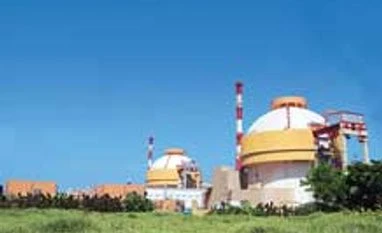However, unlike last year, which saw start of commercial operation of the KKNPP unit 1, there wasn't much in terms of actual energy generation from the new plants.
India ratified the Additional Protocol of the IAEA, a mandatory action under the Indo-US nuclear cooperation agreement, which enabled the international nuclear energy watchdog to have better access of India's civilian nuclear facilities. The move will also make India's bid for securing membership of the Nuclear Supplier's Group stronger.
More From This Section
This year, India and Australia signed a nuclear cooperation agreement. The deal will help in procuring uranium for power reactors, which have been running with low capacity due to the lack of fuel.
Similarly, India and Russia signed the agreement to construct unit 3 and 4 for the KKNPP in Tamil Nadu, sorting out the contentious issue of liability.
However, there were lows in the atomic energy sector as India could not clinch the nuke deal during Prime Minister Narendra Modi's visit to Japan. Had the deal been struck, India would have been in a position to import equipment required for nuclear power reactors, built with foreign collaboration.
There has also been little progress on the Jaitapur Nuclear Power Plant (JNPP), which is to come with French collaboration.
)